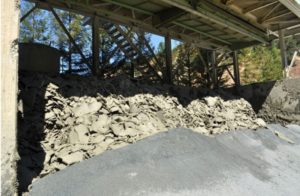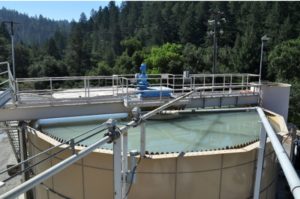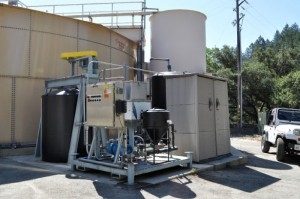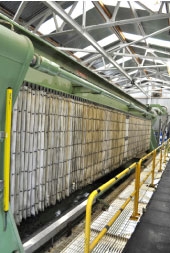BoDean Company: Supporting the industry that supports them (July 1, 2015)
BoDean was started by Dean and Belinda Soiland. “Bo” and “Dean” were combined to make the singular name now associated with asphalt and aggregate materials such as base rock in Sonoma County. approximately 40% of their end users are agricultural companies and they strive to support the industry. https://sonomafb.org/bodean-company- supporting-the-industry-that- supports-them/
Read More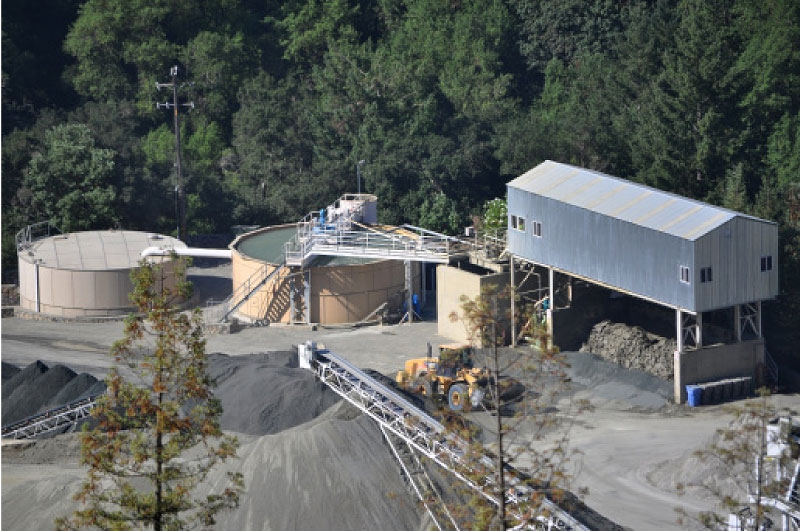 Any time an aggregates producer can provide sound environmental practices while improving its own profitability, it is on the winning side of the production equation. Sustainability in the aggregates industry is a business approach that has gained considerable attention in the past several years. The BoDean Co., Inc., of Santa Rosa, Calif., however, has applied a sustainable approach to its business practices almost from day one.
Any time an aggregates producer can provide sound environmental practices while improving its own profitability, it is on the winning side of the production equation. Sustainability in the aggregates industry is a business approach that has gained considerable attention in the past several years. The BoDean Co., Inc., of Santa Rosa, Calif., however, has applied a sustainable approach to its business practices almost from day one.